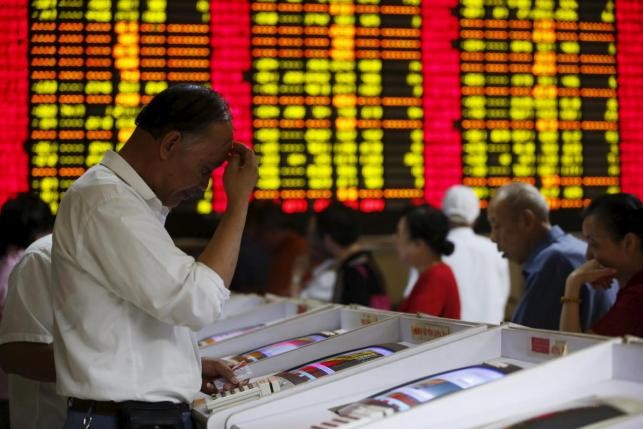The Chinese central bank revealed its plans to allow foreign companies to participate in trading in the mainland stock market in a bid to reform the country’s quest to internationalizing the yuan.
According to the Australian Financial Review, the People's Bank of China released its annual report this week where it announced its plans to open the stock market to foreign firms.
The South China Morning Post believes that this move is aimed at bringing the Chinese yuan closer to the international community.
Opening the Market
The SCMP said that China used the central bank's 2015 annual report to express its gradually opening mind to foreign investors in the same way that the country encourages more individuals to invest overseas to make the yuan more convertible.
"Beijing will press ahead with reforms to allow individuals to invest in overseas capital markets directly," the annual report stated on Tuesday, as cited by the SCMP.
But on Monday, Chinese Premier Li Keqiang warned regulators to remain vigilant to risks in stock markets, during a meeting with the people who oversee the country's financial system.
He also urged them to keep a sharp eye for abnormal cross-border capital flows, maintain "reasonable" credit growth, and remain prudent in proactive fiscal and monetary policies.
What Analysts Think
The move received praise from several analysts cited by the AFR.
"For a foreign company looking to expand its business in China, issuing shares and raising [Chinese yuan] funding makes sense but the PBOC has been talking about this for a long time," Commerzbank senior emerging markets economist Zhou Hao told AFR.
However, Zhou noted that it was important to consider the demand for international trading before the mainland opens an international board.
"If there are only a few foreign companies who want to issue shares in China then it doesn't make sense to have an international board," he added. "There needs to be a lot of demand."
Haitong Securities analyst Zhang Qi is also doubtful that China will be able to adjust its stock trading quickly to match those of other countries.
"There needs to be a strengthening of regulation particularly when it comes to insider trading or fraud; otherwise, it will be hard for China to build a healthy stock market," he said, declaring that China still has a long way to go in this aspect.
China's bond market is currently the world's third biggest market with a valuation of some 48 trillion yuan or $9.7 trillion.



























